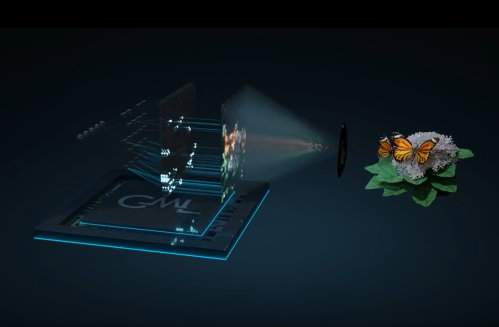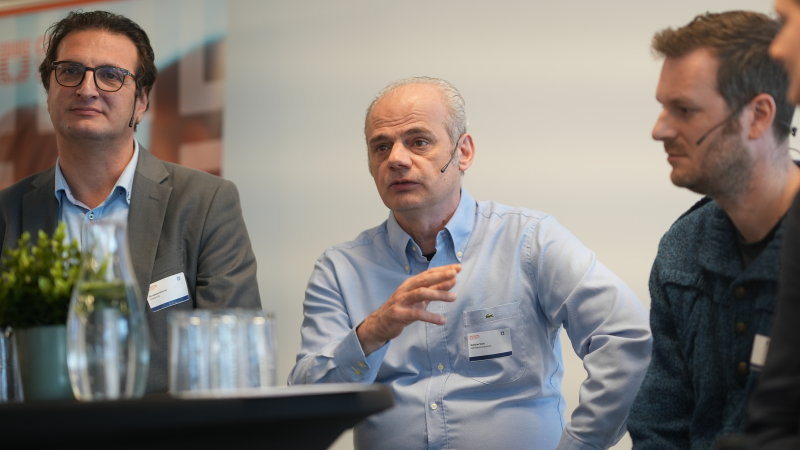Your cart is currently empty!
Grai Matter Labs quietly snapped up by Snap
Last October, neuromorphic computing company Grai Matter Labs (GML) was acquired by Snap, the American developer of the instant messaging app Snapchat. Headquartered in Paris with offices in Eindhoven and Silicon Valley (San Jose), GML is working on a full-stack AI system-on-chip platform. The takeover didn’t receive much publicity except for a couple of mentions in French media, tracing back to an original article by the economic investigation site L’Informé. It appears that Snap considers it a confidential matter. According to L’Informé, GML was driven into American arms because it couldn’t find funding in Europe.
Compared to the human brain, standard computer CPUs are extremely inefficient. With their classical Von Neumann architectures, they’re constantly moving data around, back and forth between the central processing unit and central memory, thereby squandering lots of power. GML’s neuromorphic, ie brain-like, computing paradigm overcomes these limitations. Its flagship, the Grai VIP chip, is a near-sensor AI solution with 16-bit floating-point capability that achieves high performance with a low-power envelope. It opens up applications that rely on understanding and transformations of signals produced by a multitude of sensors at the edge in robotics, AR/VR, smart homes, infotainment in automobiles and more.
GML started as Brainiac, incubated in 2016 within the iBionext healthcare startup studio in Paris. Its technology is based on 20 years of breakthrough research on the human brain carried out at the Vision Institute of the former Pierre and Marie Curie University in the French capital (now part of Sorbonne University). Among the founders are Vision Institute professor Ryad Benosman, iBionext chairman Bernard Gilly and Atul Sinha – a team combining experiences in neuromorphic computing, silicon design and entrepreneurship. In 2018, the company adopted its current name. The Eindhoven branch is responsible for architecture exploration, hardware design and AI tools, with Paris and San Jose focusing more on ML applications and business development.


